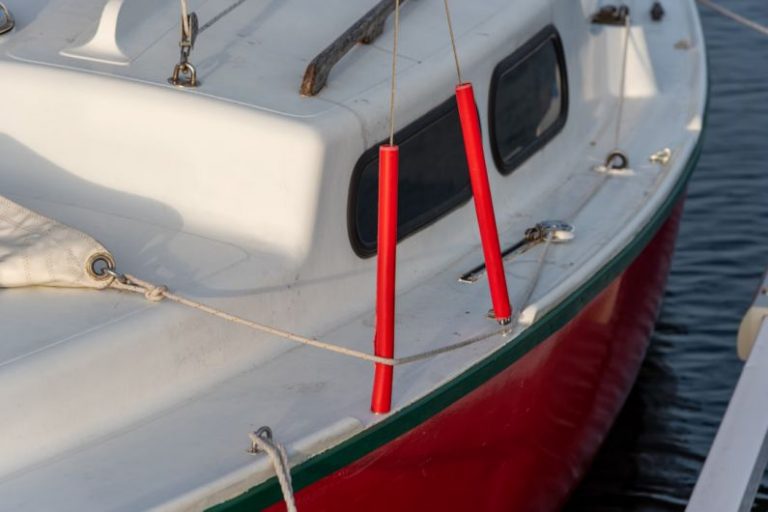
Rowing challenges can provide an exhilarating experience, pushing your physical and mental limits while testing your endurance and strength. Whether you are a beginner or a seasoned rower, analyzing your performance in these challenges is crucial for improvement. By understanding your strengths and weaknesses, you can tailor your training to become a more efficient and effective rower. In this article, we will explore various strategies and techniques to help you analyze your performance in rowing challenges effectively.
Setting Clear Goals
Setting clear and achievable goals is the first step in analyzing your performance in rowing challenges. Define what you want to achieve, whether it’s improving your time, increasing your distance, or enhancing your technique. By having specific goals in mind, you can track your progress more effectively and identify areas that need improvement. Additionally, setting short-term and long-term goals can help you stay motivated and focused on your training.
Monitoring Your Performance Metrics
Tracking your performance metrics is essential for analyzing your progress in rowing challenges. Metrics such as stroke rate, split times, distance covered, heart rate, and power output can provide valuable insights into your performance. Utilize a rowing machine or a smartwatch to monitor these metrics during your training sessions and challenges. By comparing your metrics over time, you can identify trends, pinpoint areas for improvement, and make data-driven decisions to enhance your performance.
Analyzing Technique and Form
Technique and form play a significant role in rowing performance. Analyzing your technique through video recordings or feedback from a coach can help you identify flaws and inefficiencies in your rowing stroke. Pay attention to your posture, hand placement, leg drive, and sequencing of movements. Improving your technique can lead to increased efficiency, power output, and overall performance in rowing challenges.
Identifying Strengths and Weaknesses
Understanding your strengths and weaknesses is crucial for optimizing your performance in rowing challenges. Assessing both physical and mental aspects can provide valuable insights into areas that require improvement. Are you struggling with endurance, power, or technique? Do you have mental barriers that are hindering your performance? By identifying these strengths and weaknesses, you can tailor your training to address specific areas and work towards becoming a well-rounded rower.
Utilizing Periodization in Training
Periodization is a training strategy that involves dividing your training into specific periods or phases to target different aspects of your performance. By incorporating periodization into your training plan, you can focus on building endurance, strength, power, and speed at different times throughout your training cycle. This structured approach can help prevent burnout, promote recovery, and maximize your performance in rowing challenges.
Seeking Feedback and Guidance
Seeking feedback and guidance from experienced rowers, coaches, or trainers can provide valuable insights into your performance. Constructive feedback can help you identify blind spots, correct technical errors, and implement effective strategies to improve your performance. Additionally, working with a coach or trainer can help you create a personalized training plan tailored to your goals and abilities.
Reflecting and Adjusting
Reflecting on your performance in rowing challenges is essential for continuous improvement. After each challenge or training session, take time to reflect on what went well and what could be improved. Identify key takeaways, lessons learned, and areas for adjustment in your training plan. By being proactive in analyzing your performance and making necessary adjustments, you can progress towards your goals and achieve new heights in rowing challenges.
In conclusion, analyzing your performance in rowing challenges is a multifaceted process that involves setting clear goals, monitoring performance metrics, analyzing technique and form, identifying strengths and weaknesses, utilizing periodization in training, seeking feedback and guidance, and reflecting and adjusting. By adopting a systematic approach to analyzing your performance, you can enhance your skills, optimize your training, and achieve success in rowing challenges. Remember, the journey to improvement is ongoing, and each challenge is an opportunity to learn, grow, and excel in the sport of rowing.





